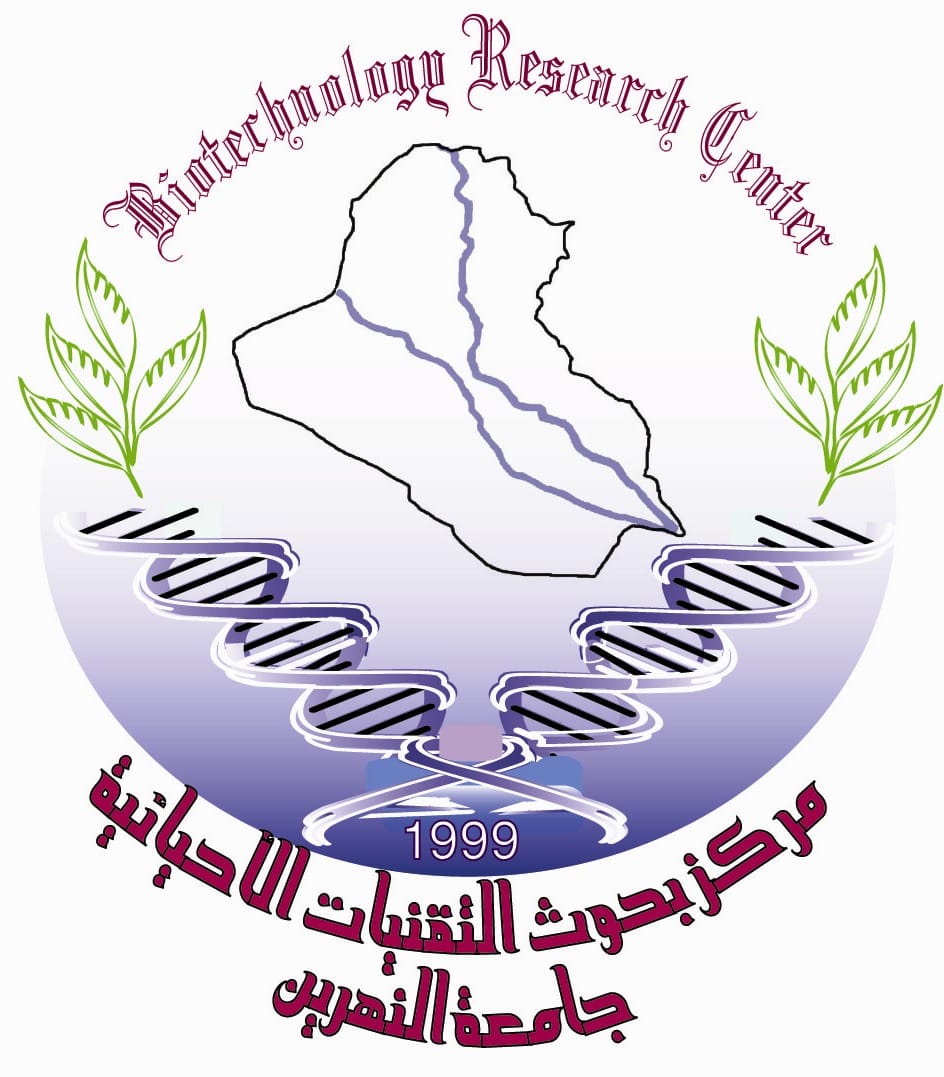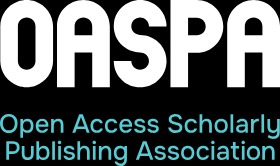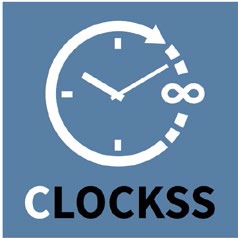The Association between Prothrombin Gene G20210A and Factor V Leiden Mutation in Women with Complications of Pregnancy in Baghdad Province
DOI:
https://doi.org/10.24126/jobrc.2016.10.2.484Keywords:
gene polymorphism, factor V Leiden, Prothrombin gene, obstetrical complications, abortionAbstract
Factor V Leiden (FVL) (G1691A) and prothrombin gene (G20210A) mutations are the most common inherited forms of thrombophilia. The main objective of this study is to analyze the association between inherited thrombophilia FVL mutation and prothrombin G20210A mutation and recurrent pregnancy loss (RPL) among women suffering from complications of pregnancy. The study included 40 buccal swab samples collected from women at the reproductive age complications; abruption placenta 12.5%, dead fetal 37.5%, and recurrent spontaneous abortions (RSA) 50% in comparison with 30 women who had one or more normal pregnancies from Elwiyah Obstetric teaching hospital through the period from mid of September 2014 to the mid of March 2015. The median age of patients was 32 years (range: 19–42 years) while for the control group, it was 28 years (range: 17–41 years). Out of 40 women, 65% had one pregnancy loss and 35% for more than two previous pregnancy losses. According to the time of pregnancy losses, 22(55%) women had early pregnancy loss (EPL), and 18 (45%) women had Late Pregnancy Loss (LPL). For FVL mutation detection the restriction fragment length polymorphism (RFLP) was used. DNA fragment of interest was amplified by PCR and then subjected to digestion by MnlI specific restriction enzyme. For prothrombin G20210A mutation detection different PCR products were generated using a set of primers in A/A, G/G, A/G alleles. Out of the 70 samples tested for FVL mutation no homozygous FVL mutation was detected and Prothrombin gene mutation G20210A was totally absent among patient and control.
Downloads
Published
How to Cite
Issue
Section
License
This is an Open Access article distributed under the terms of the creative commons Attribution (CC BY) 4.0 license which permits unrestricted use, distribution, and reproduction in any medium or format, and to alter, transform, or build upon the material, including for commercial use, providing the original author is credited.











